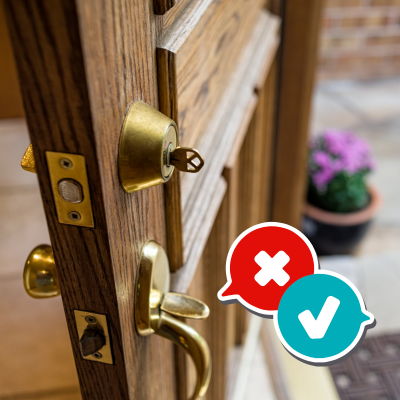Rent-to-Buy in South Africa: A Smart Step Toward Homeownership
Explore rent-to-buy: a flexible path for South Africans to rent now and own later. Learn how it works, key benefits, and what to watch out for.
Rent-to-buy, also known as rent-to-own, is an innovative approach to homeownership that allows tenants to rent a property with the option to purchase it later. This method has gained popularity in South Africa, providing a viable solution for those who face challenges in securing a traditional home loan.
What is Rent-to-Buy?
Rent-to-buy agreements involve a tenant renting a property with the option to purchase that property at the end of the lease term. Typically, a portion of the monthly rent is credited as a deposit against the future purchase. This arrangement allows tenants to save for a deposit payment while living in the property they intend to buy.
How it works
1. The parties (the landlord and tenant) will negotiate and enter into a Lease Agreement which must be signed by both parties, complying with the Rental Housing Act. This Lease Agreement should include the value of the future purchase price should the tenant proceed to purchase the property.
2. The Lease Agreement should provide for a clause wherein an additional amount is paid. This additional amount will then be set aside as a deposit for the possible future purchase of the property. This deposit is usually non-refundable should the tenant at the end of the lease agreement select not to purchase the property.
3. Ownership of the property will only change from the landlord to the tenant after the lease agreement has expired, the tenant exercised his/her option to purchase the property, and the transfer process has been completed.
4. The Lease Agreement should also refer to who will be liable for the maintenance of the property. The agreement can stipulate that the maintenance should be shared by the parties, or it may even stipulate that the tenant will be liable for the maintenance of the property while the Lease Agreement is in force.
5. The tenant will exercise the option to purchase the property at the end of the lease by exercising his/her option to buy.
Benefits and Disadvantages
Benefits include:
1. Path to Homeownership: it provides a structured way for tenants to transition to homeowners.
2. Building Equity: A portion of the monthly payment goes towards a deposit which is set aside for the future purchase of the property.
3. Flexibility: Tenants have the option to purchase the property by exercising his/her option or to select not to purchase the property.
The disadvantages are:
1. Higher Costs: Rent-to-buy agreements often come with higher monthly rent payments.
2. Non-Refundable fees/deposit: option fees and portions of rent payments may be non-refundable if the tenant decides not to purchase the property.
Conclusion
Rent-to-buy offers a unique opportunity for aspiring homeowners in South Africa to gradually transition from renting to owning a property. While it comes with its own set of benefits and risks, understanding the terms and conditions of the agreement, as well as the regulatory landscape, can help tenants make informed decisions. This arrangement is particularly beneficial for those who need time to improve their financial situation before committing to a home purchase.
Written by: Nqobile Magwaza
Moderated and approved by: Jean-Mari De Beer – Le Grange
Sources:
National Credit Act (NCA) 34 of 2005
Alienation of land act 68 of 1981
Alienation of land act 68 of 1981


.png)
.png)

